Hydroclimate whiplash -- rapid swings between intensely wet and dangerously dry weather -- has already increased globally due to climate change, with further large increases expected as warming continues, according to a team of researchers.
Floods, droughts, then fires: Hydroclimate whiplash is speeding up globally." ScienceDaily. ScienceDaily, 9 January 2025. <www.sciencedaily.com
A warmer Arctic has been linked to extreme winter weather in the midlatitude regions. But, it is not clear how global warming affects this link. In a new study, researchers show, using weather data ... Analysis of climate models finds aerosols from air pollution were far more important in influencing the Eurasian summer jet stream, which shapes Northern Hemisphere weather, than previously thought. ...
The likelihood of hot, dry, windy autumn weather that can set the stage for severe fires in California and western Oregon has increased 40 percent due to human-caused climate change, new computer ... While today's fires are exacerbated by dry conditions, researchers found that forest fires 94 million years ago increased even in wet regions due to changes in global ...A Fast-Moving Belly Flop: Researchers Unveil the Unique Skills of Cricket FrogsHerbivore or Carnivore? A Toolbox for the Study of Extinct Reptiles
Climate Environmental Issues Environmental Awareness Weather Water Drought Research Environmental Policy
United States Latest News, United States Headlines
Similar News:You can also read news stories similar to this one that we have collected from other news sources.
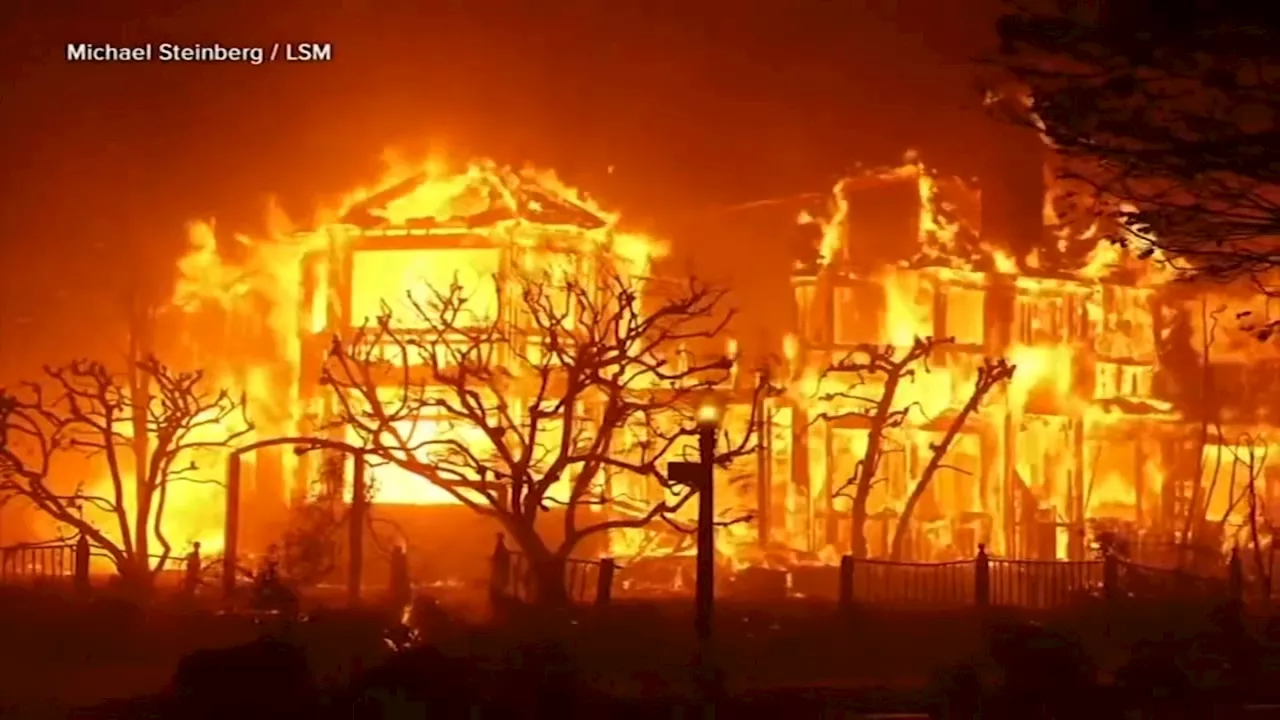 Climate Change and 'Hydroclimate Whiplash' Fuel Southern California FiresRising global temperatures contribute to extreme weather events, including historic Southern California wildfires. Experts point to climate change and the phenomenon of 'hydroclimate whiplash' as key factors. This involves rapid shifts between dry and wet periods, creating prime conditions for fires.
Climate Change and 'Hydroclimate Whiplash' Fuel Southern California FiresRising global temperatures contribute to extreme weather events, including historic Southern California wildfires. Experts point to climate change and the phenomenon of 'hydroclimate whiplash' as key factors. This involves rapid shifts between dry and wet periods, creating prime conditions for fires.
Read more »
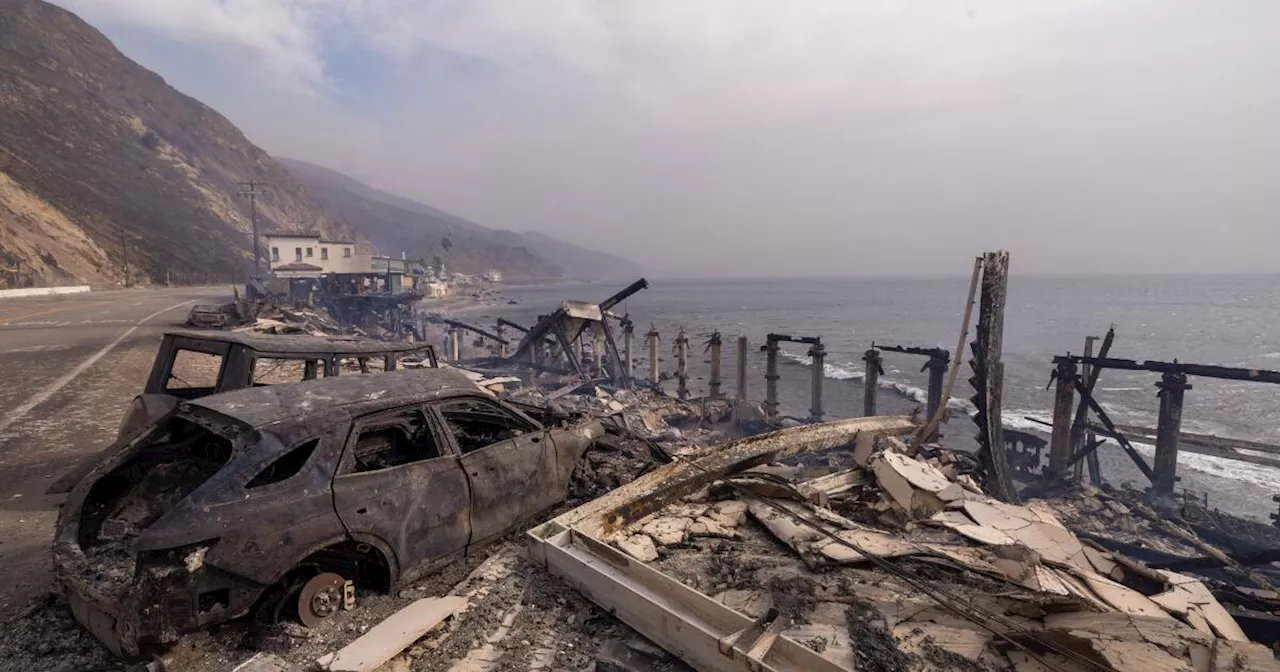 Climate Change Fuels Extreme Weather Swings, Increasing Wildfire RiskScientists warn that human-caused climate change is leading to more frequent and intense shifts between wet and dry weather, a phenomenon known as hydroclimate whiplash. This trend increases the risk of wildfires, flooding, and other hazards. The study, published in Nature Reviews Earth & Environment, found that hydroclimate whiplash events have already grown by 31% to 66% since the mid-1900s and are projected to more than double in a scenario where global warming reaches 3 degrees Celsius.
Climate Change Fuels Extreme Weather Swings, Increasing Wildfire RiskScientists warn that human-caused climate change is leading to more frequent and intense shifts between wet and dry weather, a phenomenon known as hydroclimate whiplash. This trend increases the risk of wildfires, flooding, and other hazards. The study, published in Nature Reviews Earth & Environment, found that hydroclimate whiplash events have already grown by 31% to 66% since the mid-1900s and are projected to more than double in a scenario where global warming reaches 3 degrees Celsius.
Read more »
 Houston Floods, Bribery Attempt, California Wildfire, and Frank Wycheck's DeathThis news package covers several events: heavy rain and flooding in Houston, an arrest for bribery involving sexual acts and cash, a devastating wildfire in Los Angeles, and the passing of former NFL player Frank Wycheck.
Houston Floods, Bribery Attempt, California Wildfire, and Frank Wycheck's DeathThis news package covers several events: heavy rain and flooding in Houston, an arrest for bribery involving sexual acts and cash, a devastating wildfire in Los Angeles, and the passing of former NFL player Frank Wycheck.
Read more »
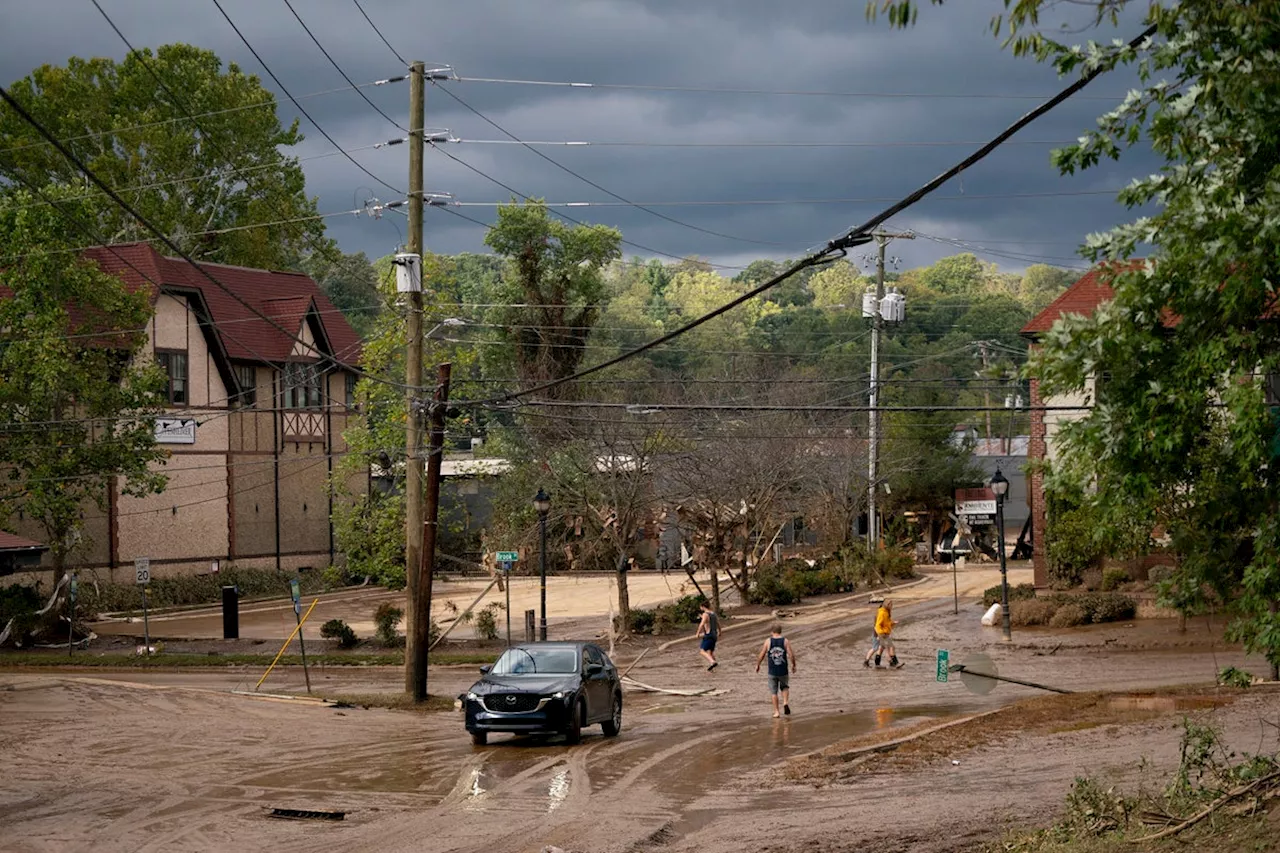 Floods Linked to Increased Death Rates for Months After DisasterA new study from Columbia University reveals a hidden health burden associated with floods, finding that death rates for various causes remain elevated for up to three months after a flood event. The research analyzed national death data from 2001 to 2018 and discovered that both rain and snowmelt-related floods contributed to higher mortality rates across numerous health categories, including infectious diseases, respiratory illnesses, and cardiovascular diseases.
Floods Linked to Increased Death Rates for Months After DisasterA new study from Columbia University reveals a hidden health burden associated with floods, finding that death rates for various causes remain elevated for up to three months after a flood event. The research analyzed national death data from 2001 to 2018 and discovered that both rain and snowmelt-related floods contributed to higher mortality rates across numerous health categories, including infectious diseases, respiratory illnesses, and cardiovascular diseases.
Read more »
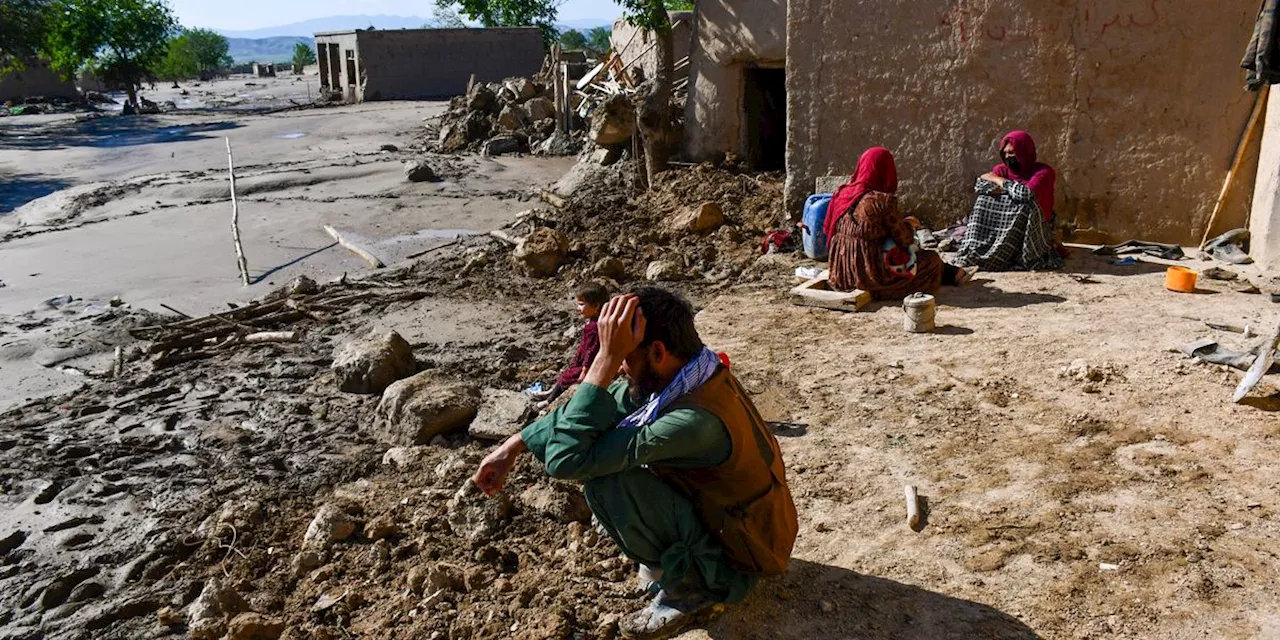 Afghanistan Devastated by Deadly FloodsAfghanistan has been hit by catastrophic floods following heavy rainfall, resulting in over 300 deaths and widespread devastation. The floods have destroyed thousands of homes and infrastructure, leaving many displaced and struggling to cope with the aftermath.
Afghanistan Devastated by Deadly FloodsAfghanistan has been hit by catastrophic floods following heavy rainfall, resulting in over 300 deaths and widespread devastation. The floods have destroyed thousands of homes and infrastructure, leaving many displaced and struggling to cope with the aftermath.
Read more »
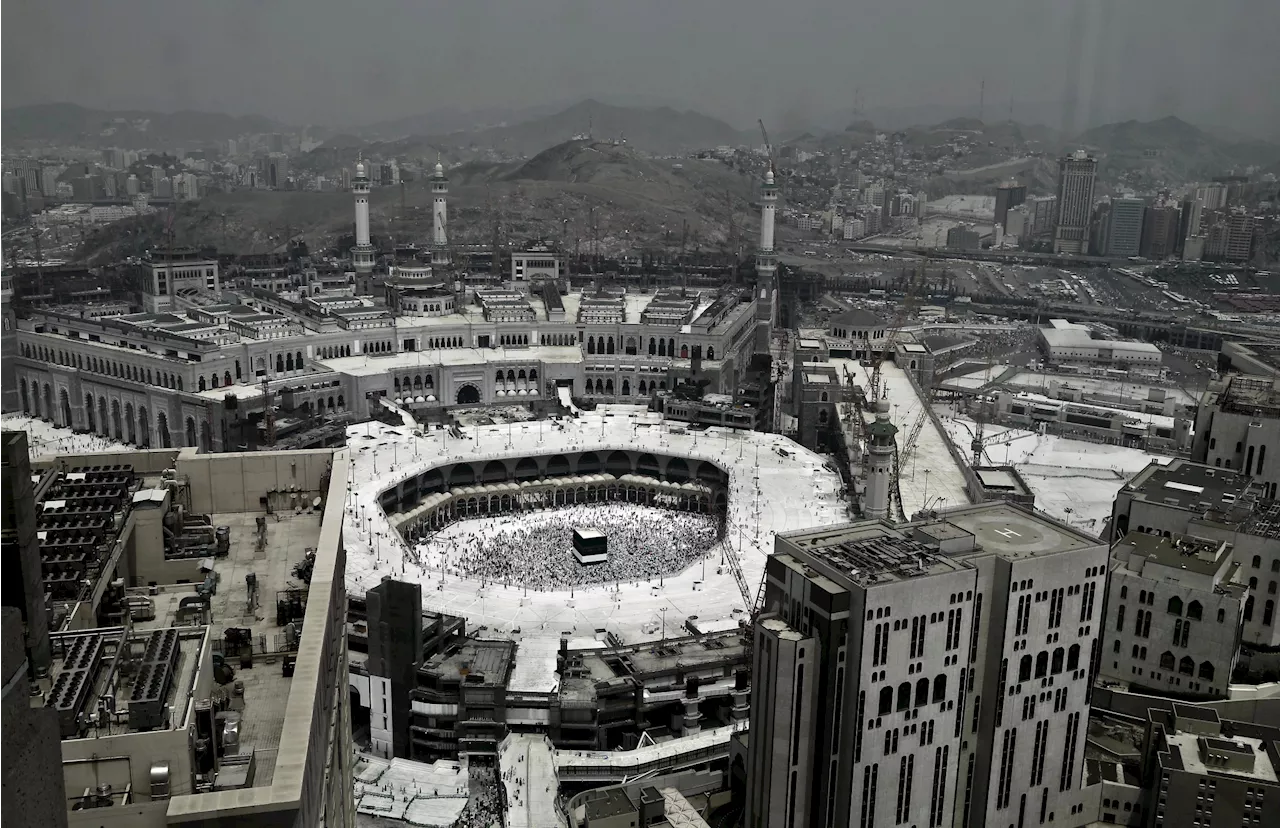 Mecca Floods After Torrential Rains in Saudi ArabiaSatellite images reveal extensive flooding in Mecca, a holy city in Saudi Arabia, following a storm that brought torrential rains on Monday. The heavy rainfall, which swept away cars and caused widespread chaos, has prompted red alerts from the Saudi National Center for Meteorology. The center predicts continued rain in Mecca through Friday and Sunday. This event highlights significant changes in the region's weather patterns, as Mecca typically experiences a hot desert climate with minimal rainfall.
Mecca Floods After Torrential Rains in Saudi ArabiaSatellite images reveal extensive flooding in Mecca, a holy city in Saudi Arabia, following a storm that brought torrential rains on Monday. The heavy rainfall, which swept away cars and caused widespread chaos, has prompted red alerts from the Saudi National Center for Meteorology. The center predicts continued rain in Mecca through Friday and Sunday. This event highlights significant changes in the region's weather patterns, as Mecca typically experiences a hot desert climate with minimal rainfall.
Read more »
